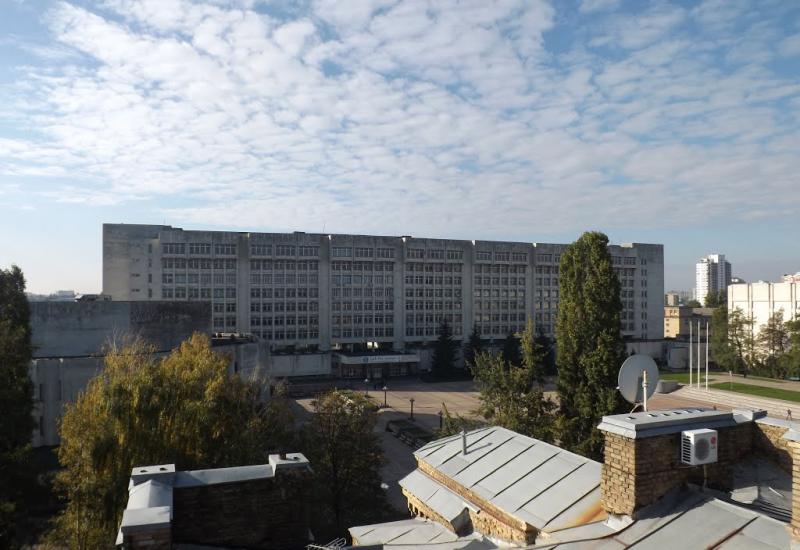In the issue "KP" on September 22, an article "Do we stop copy-paste?" was published. Responding to the invitation to discuss the wording of article, I want to express some thoughts about it.
First of all, we should clarify: what students, and after them the author referred to the latest word "copy-paste", lawyers qualify as plagiarism. It was explained to me by the teachers of the law department of our faculty. Article 54 of the Constitution states: "Citizens are guaranteed freedom of literary, artistic, scientific and technical creativity, protection of intellectual property, copyrights, moral and material interests resulting from various types of intellectual activity. Every citizen has the right to the results of intellectual activity. No one can use or distribute them without author’s consent, with the exceptions established by law. "
Intellectual property rights are protected by the relevant articles of the Civil Code and the Criminal Code of Ukraine. According to the latter, "the illegal reproduction, distribution of works of science, literature and art, computer programs and databases, or other deliberate infringement of copyright and related rights, if it has caused material damage in a large amount - is punished by a fine of two hundred to one thousand minimum income or correctional labor for up to two years, or imprisonment for the same term, with confiscation of all copies of the works "(Article 176 of the Criminal Code of Ukraine. Violation of copyright and related rights). This is worth knowing. Of course, it is hardly probable that illegal reproduction of works of others in the course work or diplomas can cause significant material damage anyone, but one who used during the study use other people's works, over time, risks to implement the actions that can be qualified as a crime. As you know, ignorance of the law is no excuse for violating them.
Today, each of us can find any information for a few seconds on the Internet. This greatly simplifies the work on the essay or research papers. It should be understood that the information set out in "virtual space" is not to make it someone currently appropriated. Read, study, analyze materials - please, but to give them their own is strictly prohibited by law. To avoid becoming a plagiarist, it is necessary, first of all, think for yourself, and secondly, to perform simple rules: using someone else's work, you need to specify them, quotations lead quoted with reference to the source of information in the result list of sources used.
It is clear that plagiarism in student work may be less if there will be the corresponding control on the part of teachers, as well as the responsibility for such actions.
At the Faculty of Sociology and Law all abstracts that arrive at the conference, are checked for possible plagiarism by searching the Internet fragments of sentences from these theses. Such tests have introduced not so long ago. And at first thesis, which showed a rip-off, returned to the author for processing. Later it was introduced more stringent rules. If plagiarism is found in the theses, the theses are rejected, and the plagiarist is removed from the base of those invited to international conferences, and no more of his material at the conference did not take. This gave good results. Earlier in the third of the student's thesis showed plagiarism, today - a few of the hundreds, most of them derived from students not from the FSL.
So, it is possible to fight the plagiarism. If there is the desire.
Zezenko Lyudmila, student FSl, a member of the organizing committee of international conferences

